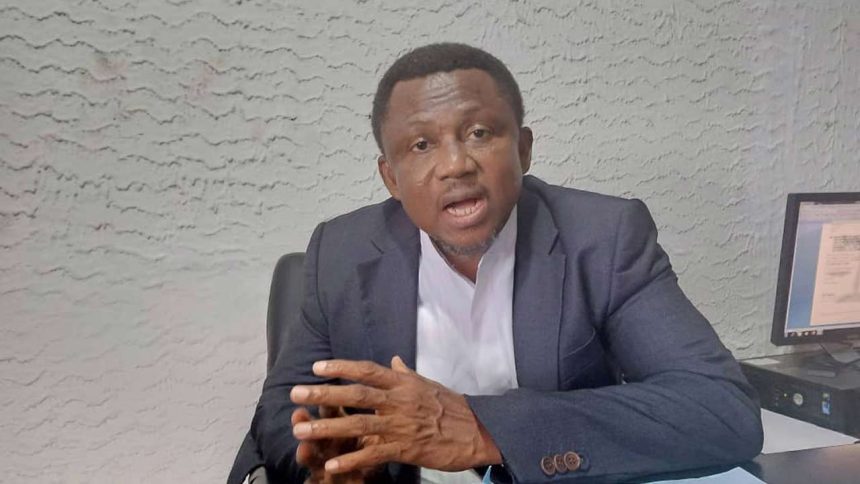Former Chairman of the Nigerian Bar Association (NBA), Owerri Branch, Mr. Lawrence Nwakaeti, has decried the growing erosion of judicial independence in Nigeria, blaming corruption, inadequate funding, and political interference for the country’s faltering justice system.
Speaking during the opening of the NUJ Workstation in Owerri on Monday, Nwakaeti, in a paper titled “Judiciary and the Role of the Media in Deepening Nigerian Democracy,” described the current state of the judiciary as a departure from its constitutional role as the last hope of the common man.
“Judicial independence is fast becoming a theoretical concept in Nigeria. Courts have increasingly strayed from established legal precedents, and the separation of powers, once a hallmark of democratic governance, is now largely symbolic,” he stated.

Nwakaeti pointed to several systemic issues undermining judicial effectiveness, including the backlog of cases, delays in the judicial process, and flawed appointment procedures. He argued that judicial appointments have become politicised and sometimes based on favoritism rather than merit, turning what should be a sacred duty into a matter of influence and inheritance.
“In many cases, appointments to the bench are now seen as spousal gifts or tools for influence peddling. This undermines public confidence in the judiciary and compromises its credibility,” he said.
Calling for urgent reform, the legal expert urged the judiciary to reclaim its independence as enshrined in Section 6 of the 1999 Constitution. He noted that no arm of government holds the constitutional power to diminish the judiciary’s authority, adding that an empowered and functional judicial system is key to checking executive overreach and upholding democratic norms.
He also called on the media to remain vigilant and continue reporting on developments within the justice system. “A fearless press is essential in holding those in power accountable and ensuring that the judiciary fulfills its responsibility to protect civil liberties and uphold the rule of law,” Nwakaeti concluded.



